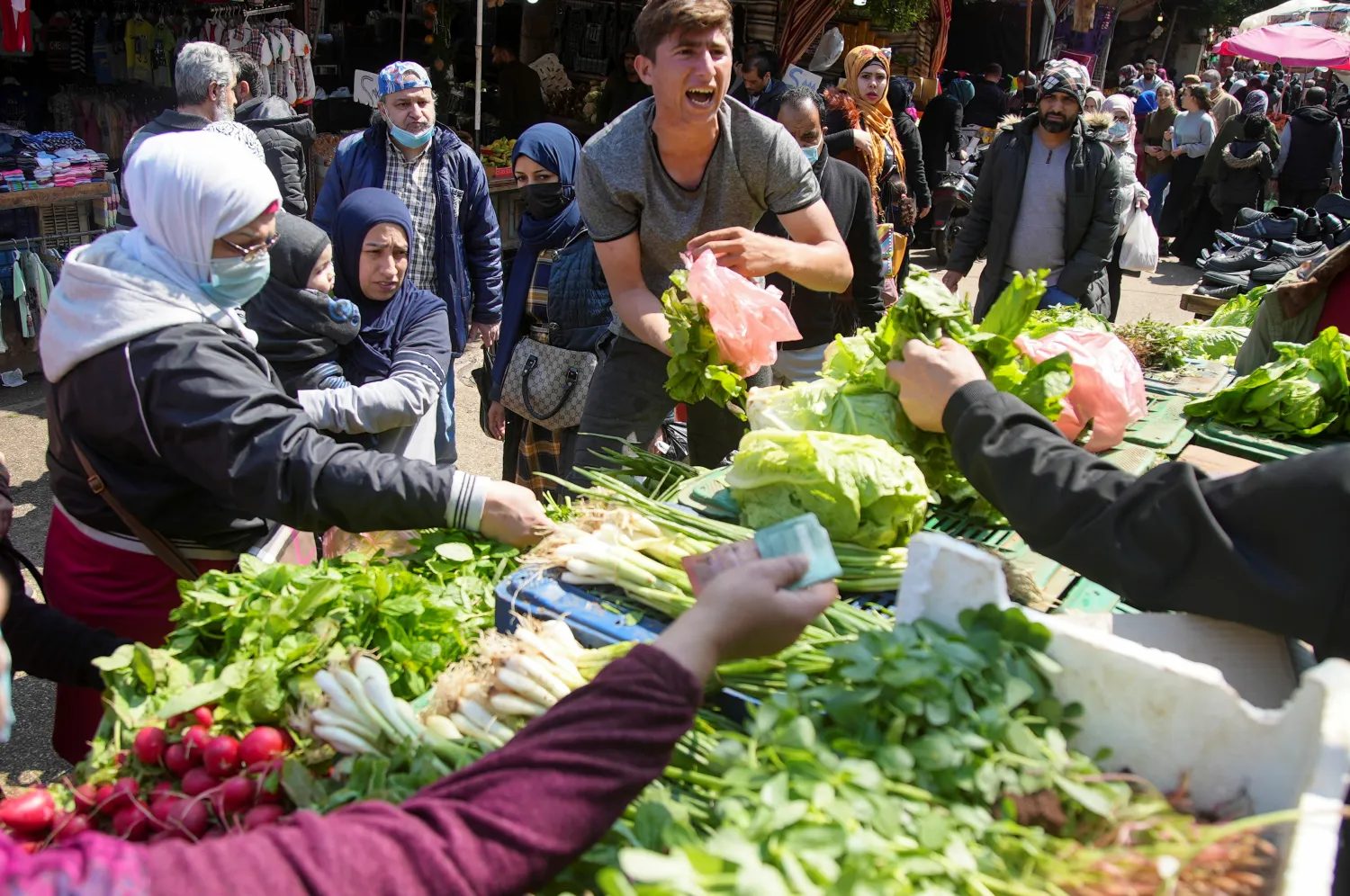Cheap and tasty, fried potatoes have become a staple in Lebanese mother Mona Amsha's kitchen in recent years. But with sunflower oil prices soaring due to Russia's invasion of Ukraine, she fears even fries will be out of reach this Ramadan.
"In 2021, when the prices were already up, I was using the same oil to cook several dishes," said Amsha, who has three children and lives in a run-down suburb of the capital, Beirut. "Now, I can't even do that."
In Lebanon, where a deep economic crisis has caused food prices to rise 11 times since 2019, according to the World Food Program(WFP), the impact of spiraling wheat, cooking oil and fuel costs will be sorely felt during the Muslim holy month, Reuters reported.
Each day of Ramadan, which starts on April 2, Muslims break their daily fast with evening meals known as "iftars", typically featuring large platters of rice, meat and deep-fried savory pastries.
Many of the dishes require copious amounts of oil – now too expensive for many people in Lebanon and other Muslim-majority countries in the Middle East and North Africa that are heavily dependent on imported food.
Ukraine and Russia account for more than 80% of global exports of sunflower seed oil, and prices for the culinary staple jumped 64% in a single week in late March.
Last month, when Russia unleashed its invasion, the Food and Agriculture Organization (FAO) said its vegetable oil index jumped 8.5% to a record high.
In Lebanon, a one-liter bottle of sunflower oil is nearly 10 times more expensive than it was three years ago, and scarce imports mean supermarkets are rationing purchases to one bottle per customer.
"I can't even have a plate full of French fries for my children," Amsha told the Thomson Reuters Foundation by phone.
The spike is hitting refugees and other vulnerable groups in the region particularly hard.
Nearly 90% of the 1.5 million Syrian refugees living in Lebanon already live in extreme poverty and rely on food assistance, according to the WFP.
For Kalima Deeb, a Syrian refugee living in an informal settlement in Lebanon with her husband and two children, a full Ramadan spread seems a distant dream.
"How could I imagine having a table full of food like I did in the past, when it's already impossible to afford to have a single full plate?" Deeb said.
Syrian refugees in Egypt, who number about 130,000 among a population of 100 million, are also worried.
The country, which is often the world's largest wheat importer, has already been hit by a sharp rise in global wheat prices due to the war in Ukraine.
Now, sunflower oil prices have increased by 25%, taking the cost of a one-liter bottle to 214 Egyptian pounds ($11.71), nearly 10% of the monthly minimum wage.









